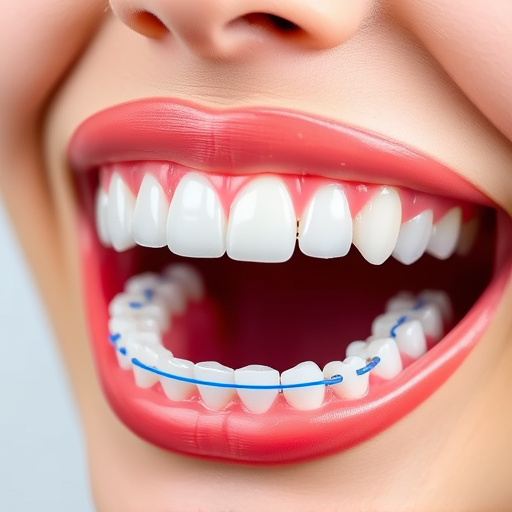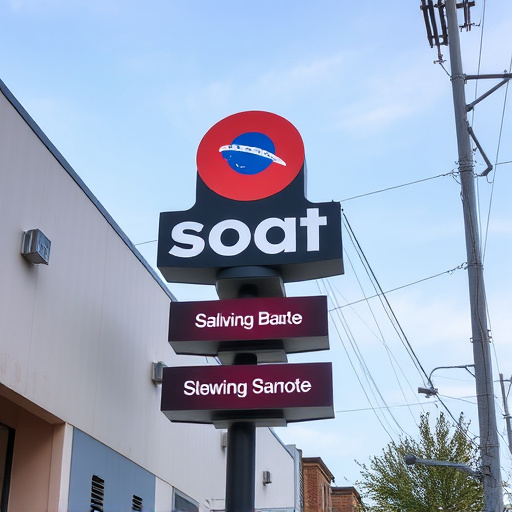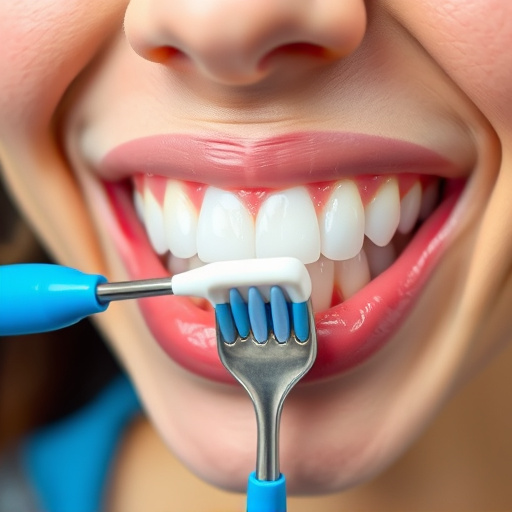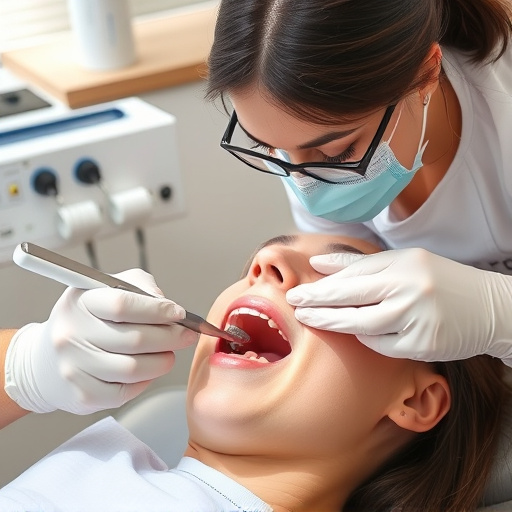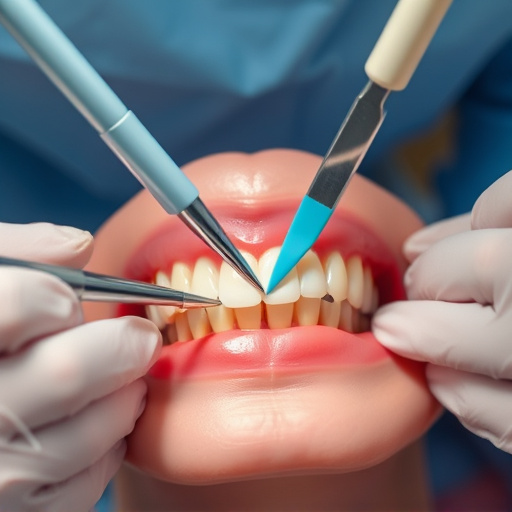Handicap accessible dental offices prioritize equal care by adhering to disability laws with features like wide doorways and lowered counters. They accommodate service animals, fostering inclusivity and trust while ensuring safety during procedures. Best practices include dedicated parking, clear policies, staff training, and regular facility updates to create a comfortable environment for patients with disabilities, emphasizing the importance of handicap accessible dental services.
“In ensuring optimal oral health, accessibility plays a vital role, especially for individuals with disabilities. This article explores the concept of handicap accessible dental offices and delves into the significance of service animal policies. We examine legal considerations surrounding service animals in dental settings, offering insights on creating an inclusive environment. By understanding best practices, dental professionals can navigate regulations while providing quality care to all patients, fostering a more welcoming and accessible practice.”
- Understanding Handicap Accessible Dental Offices
- Service Animal Policies: A Legal Perspective
- Best Practices for Creating an Inclusive Dental Environment
Understanding Handicap Accessible Dental Offices
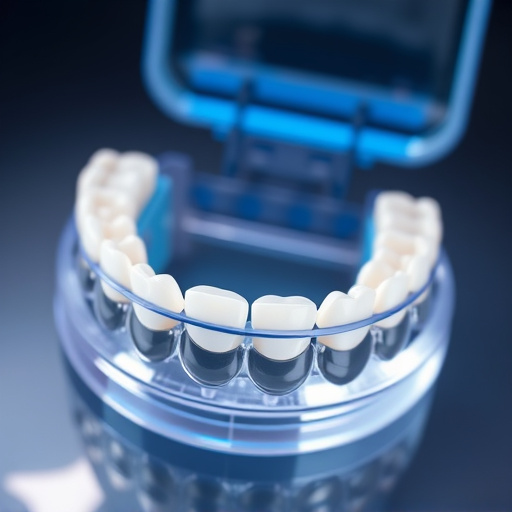
Handicap accessible dental offices are designed to cater to patients with physical disabilities, ensuring they receive the same quality of care as everyone else. These practices prioritize inclusivity by adhering to specific guidelines set by disability laws and regulations. This often includes features like wide doorways, lowered counters, and specialized equipment to accommodate wheelchairs, making the office space navigable for individuals with limited mobility or other impairments.
Understanding these adaptations is crucial in fostering a welcoming environment. Patients who rely on service animals for assistance should be aware of policies regarding their entry into dental offices. While many handicap accessible dental practices welcome service animals, certain restrictions may apply to maintain hygiene and safety standards. This consideration demonstrates a commitment to accommodating all patients, promoting accessibility and ensuring comfort during routine oral exams, preventive dentistry, and other essential dental procedures like dental fillings.
Service Animal Policies: A Legal Perspective

Service Animal Policies: A Legal Perspective
In the realm of handicap accessible dental offices, ensuring an inclusive environment for patients with disabilities is paramount. Service animal policies play a crucial role in facilitating equal access to dental care. These policies not only cater to the physical needs of disabled individuals but also address emotional support and safety concerns. Many countries have implemented laws, such as the Americans with Disabilities Act (ADA) in the US, which mandate that businesses, including dental offices, provide reasonable accommodations for service animals.
When it comes to general dentistry services like tooth extractions or clear aligners, dental practices must be prepared to accommodate patients with service animals. This includes allowing access into treatment areas, providing a safe space for the animal during procedures, and ensuring the well-being of both patient and companion animal. Compliance with these regulations not only avoids legal repercussions but also fosters trust and confidence among disabled patients, encouraging them to avail themselves of essential dental care services.
Best Practices for Creating an Inclusive Dental Environment

Creating an inclusive dental environment for patients with disabilities is paramount to ensuring equal access to quality dental care. Best practices involve several key strategies. Firstly, handicap accessible dental offices should be designed or modified to accommodate various needs, including wide doorways, low counters, and ample space for mobility aids like wheelchairs. Providing dedicated parking spaces close to the entrance can also significantly enhance accessibility.
Additionally, implementing clear and comprehensive service animal policies is crucial. These policies should outline expectations for both patients and their service animals, ensuring a safe and comfortable environment for all. Training dental staff on disability awareness and communication techniques further fosters inclusivity. Regularly updating facilities and equipment to meet the latest accessibility standards is essential, especially in procedures like routine oral exams or tooth extractions, where specialized tools and adaptable techniques may be required.
Handicapped individuals now have greater access to dental care thanks to the implementation of handicap accessible dental offices and inclusive policies. Understanding the legal requirements and best practices for accommodating service animals is key to creating an environment where everyone feels welcomed. By adhering to these guidelines, dental practices can ensure they’re providing optimal care while fostering a sense of comfort and security for all patients, regardless of their physical abilities. This shift towards inclusivity not only complies with regulations but also enhances the overall patient experience.





